Today, however, nature is under threat. Our society extracts around 100 billion tonnes of natural resources from Earth every year. At the same time, we produce approximately 70 billion tonnes of waste annually, over half of which is in the form of emissions and untraced waste and pollution.
Over a third of the world’s soils are moderately to highly degraded due to erosion, salinisation, compaction, acidification and chemical pollution, according to the FAO.
It is estimated that 1 million species are now at risk of extinction. This loss of biodiversity undermines entire ecosystems. Tropical rainforests, for instance, absorb carbon, give us essential medicines and dictate rainfall patterns well beyond their borders. But forests can’t exist in isolation – the multitude of insects, birds, and mammals that pollinate and spread seeds are as important as the trees themselves.
We have already breached six of the nine planetary boundaries identified by science as underpinning environmental stability. As we push past these limits – such as ocean acidification, climate change, biodiversity loss and deforestation – research suggests that these boundaries interact, creating further impacts on other boundaries and systems.
We believe that we must move from an extractive economy to a regenerative, nature-positive economy. Instead of exhausting our planet’s finite resources we must harness nature’s ability to create self-sustaining value.
We are convinced that this shift is underway in a number of key systems. In energy, we are transitioning to zero-carbon renewable electricity in place of the extraction and burning of fossil fuels. In materials, we believe there will be a transition to regenerative nature-based alternatives to replace the non-biodegradable materials we use today. And in agriculture, we will move towards regenerative farming methods whilst restoring land to nature.



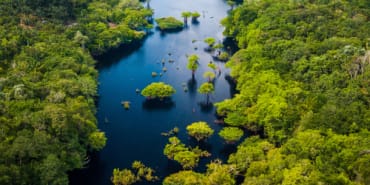
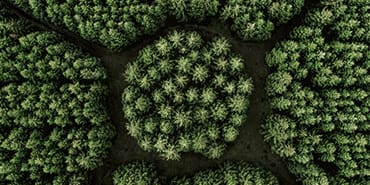

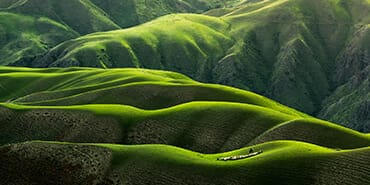
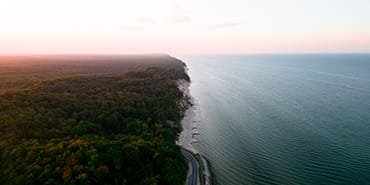
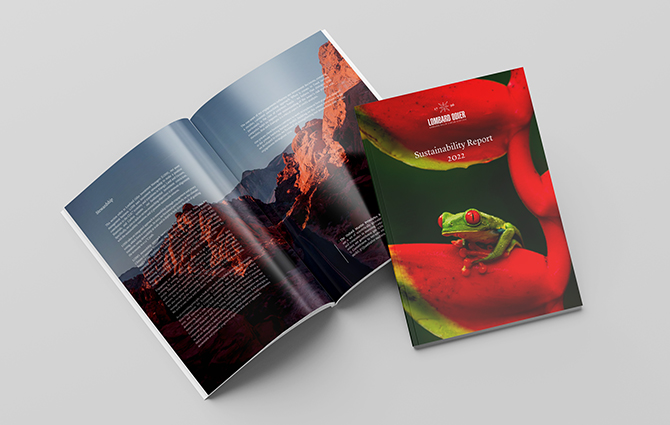
share.